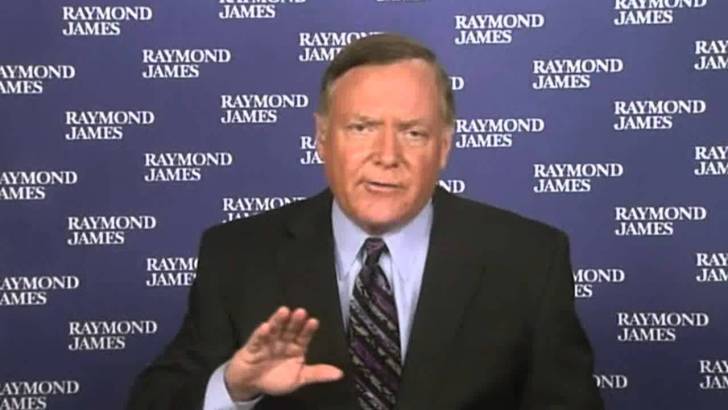US members of Congress are finding themselves at a stand-off over the creation of a border wall between the United States and Mexico. President Trump’s threats to shut down the government if the bill is not passed raise questions and uncertainty that will contribute to increased political risks for investors to consider. Stephen Dover, Head of Equities for Franklin Templeton Investments, shares his perspective about the potential impacts.
Many observers are concerned about the negative impact the possible US government shutdown would have on stock markets. As an investor, it’s important to take a step back and consider the real potential effects. A shutdown adds more uncertainty to the market and while the financial impact is not large, the psychological impact will likely keep the markets on edge. At issue is what the next two years of divided government will look like and whether it will be functional. Perhaps most important in our view is whether the government can efficiently handle any future crisis.
To avoid a full government shutdown, Senate Majority Leader Mitch McConnell said he will push ahead with a continuing resolution—a House-passed stopgap spending bill that is to include money for border security. The resolution would give Congress until February 8 to pass a final spending bill. However, this resolution might not pass. And while one hopes that Congress and the White House will ultimately come to terms, there is a risk that they will not reach an agreement.
Even a partial shutdown could be negative for stock markets in terms of investor sentiment. We believe a shutdown would have limited actual impact on the economy, as Congress and the president have approved more than 75% of the proposed US$1.24 trillion budget for fiscal 2019. However, a shutdown can delay the passage of various tax provisions, which may affect certain sectors in the near term.
Despite recent market volatility, US consumer sentiment is still upbeat: The University of Michigan’s Consumer Sentiment Index was at 98.3 in December, making the 2018 average the highest level since 2000. Only 12% of the Michigan sentiment survey respondents reported falling stock prices as a primary concern. Tariffs were mentioned by around 25% of consumers surveyed, below the November survey’s figure.
We will await a productive resolution. While we hope Congress and the White House will reach an agreement, there is always a risk the two may not agree on terms and may not be able to gain consensus. We believe active management can help investors navigate through turbulent times associated with uncertainty.
*****














